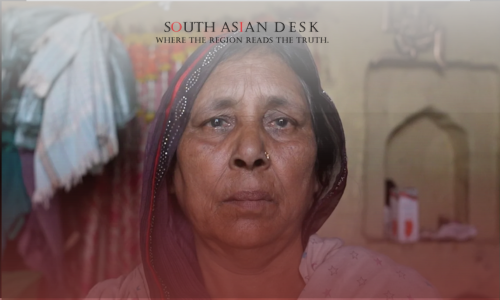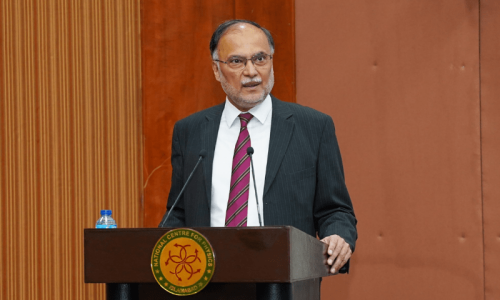A recent investigation by the BBC has exposed a significant undercount of fatalities in a tragic stampede at the Kumbh Mela, one of India’s largest religious gatherings. Official reports initially stated 37 deaths occurred during the incident, but new findings indicate the toll may be much higher, with at least 26 additional families receiving compensation for unreported losses and 18 more deaths where no payments were made. This discrepancy raises questions about transparency and accountability in managing large-scale public events.
The Kumbh Mela, held every 12 years, draws millions of pilgrims to sacred sites along the Ganges River. The crush, attributed to overcrowding and poor crowd control, left families devastated. For instance, Kusum Devi, a widow from Uttar Pradesh, shared that her husband, Panne, was among the victims, receiving Rs 500,000 in compensation. However, many other families remain unacknowledged, their losses buried in official records.
Posts on X reflect public outrage and concern, with users highlighting the gap between the official count and the BBC’s findings. Some families, unable to provide sufficient evidence, were excluded from compensation, further compounding their grief. The investigation points to systemic issues in event management and reporting, prompting calls for stricter safety measures and accurate documentation at mass gatherings.
This tragedy underscores the need for better planning and oversight at religious festivals, where large crowds are common. Authorities must address these lapses to prevent future loss of life and ensure justice for affected families.
Published in SouthAsianDesk, July 1st, 2025
Follow SouthAsianDesk on X, Instagram and Facebook for insights on business and current affairs from across South Asia.




![Collage of COAS Field Marshal Munir [L] and US President Donald Trump. — ISPR/AFP](https://southasiandesk.com/wp-content/uploads/2025/06/18090415659519a-2.jpg)